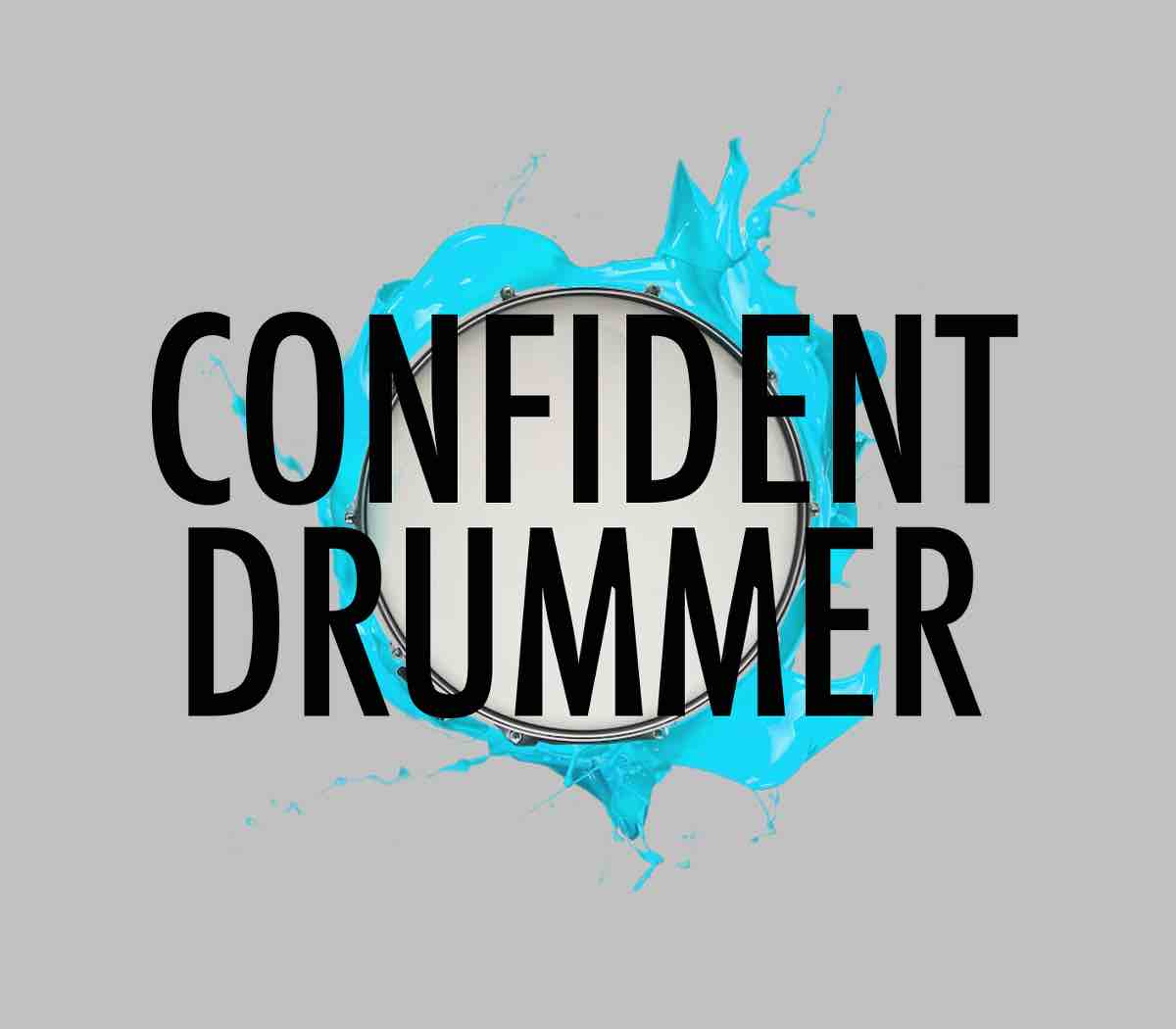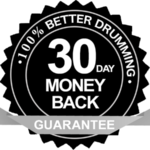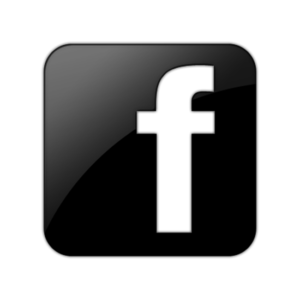As pointed out on more than one occasion, working in the recording studio means being able to produce results in a short time.
One of the things we can do to be effective is to take care of every detail about the gear and tools needed to work without setbacks, or that might come in handy, before going to the studio.
The idea is to consider every possible scenario in advance, and work out adequate solutions so that we are never caught unprepared.
If suddenly a drumhead, a cymbal stand or a pedal spring breaks, if the recording room is a bit dark, if the floor is slippery, if we have to skip a meal to finish the work on time, having a solution ready to go will instantly eliminate the issue, saving lots of time for everyone involved.
It’s part of being professional, and the team working with us will be impressed by our foresight and attention to detail.
This list is the result of two decades of experience and hundreds of sessions, in which each of the situations that the items included here allow to fix has occurred at least once.
It’s worth investing some time to get everything we need, and then use the list to make sure nothing is missing right before going to the studio.
Click here to download it in Pdf format to save or print and carry with you:
- Drums in perfect shape, with pristine tension rods, lugs and hoops.
- Drumheads new or in extremely good state, and well tuned
- Complete cymbal set.
- Electronic instrumentation, pads, samplers, drum machines.
- Possibly an additional full cymbal set, alternative to the main one.
- Hardware, stands and drum throne in good conditions, quiet, with perfectly working screws.
- At least one additional cymbal stand.
- At least one batter Snare Drum and Bass Drum spare drumhead.
- At least one resonant Snare Drum spare drumhead.
- At least one extra Crash cymbal.
- Possibly two or more alternative Snare Drums.
- Quiet, perfectly working Snare Drum strainers.
- Beaters of all kinds: extra sticks, brushes, multi-rods, mallets.
- Drum dampeners to control sustain, resonance and tone.
- Bass Drum patches.
- A sturdy drum rug, at least 2 x 1.5 meters (6.5 x 5 feet).
- Personal in-ear and headphone monitors, with jack to minijack (and vice versa) adapters.
- Spare headphones.
- Headphone extension cable, at least 3 meters (10 feet).
- Blank sheet music paper, pencils, pens and erasers.
- Spare Bass Drum pedal.
- Spare Bass Drum pedal spring.
- Spare Hi-Hat clutch.
- Spare Snare wires.
- At least two spare tension rods compatible with our drums.
- At least two drum tuning keys.
- Personal music stand.
- Music stand light and extra batteries.
- Tambourines, shakers, cowbells and other small percussion instruments.
- Spare cymbal stand felts, wing nuts and screws.
- Plenty of water and snacks.
- Emergency tool kit: screwdrivers, wrenches, pliers, duct tape, scissors, cable ties.
- Power strip and extension cord.
- USB Flash Drive with audio files of our favorite click sound.
Related resources:
‘In Session – How To Sound Great On Records’



















